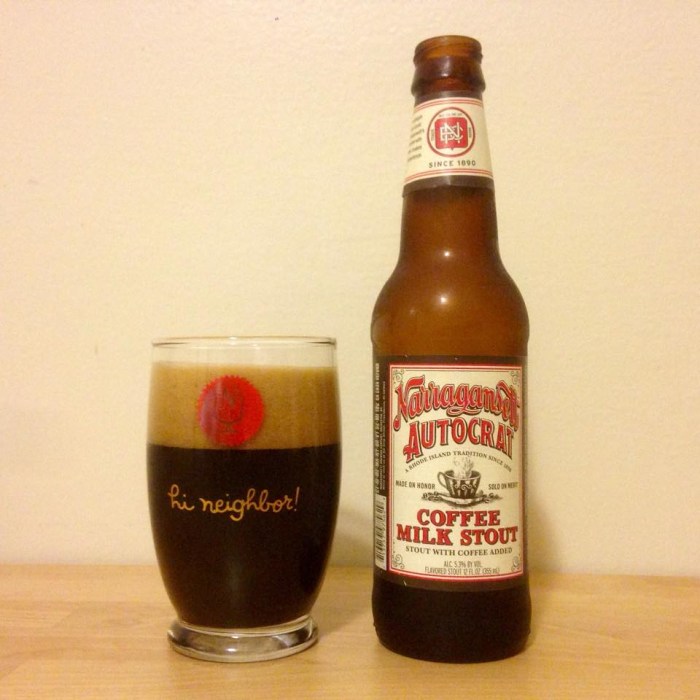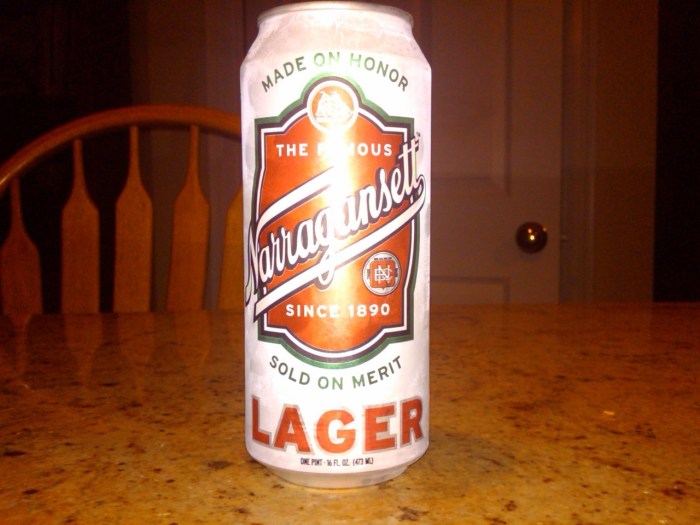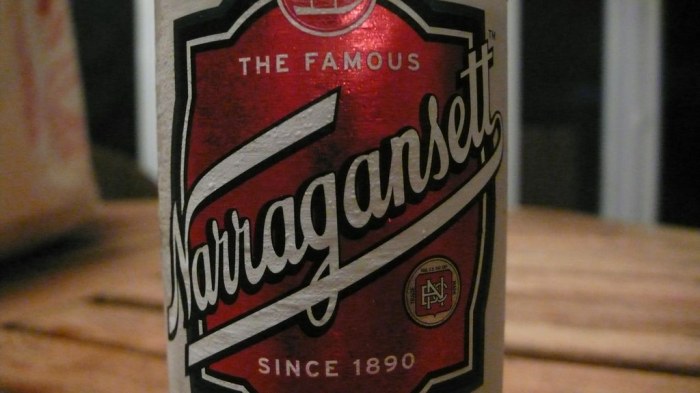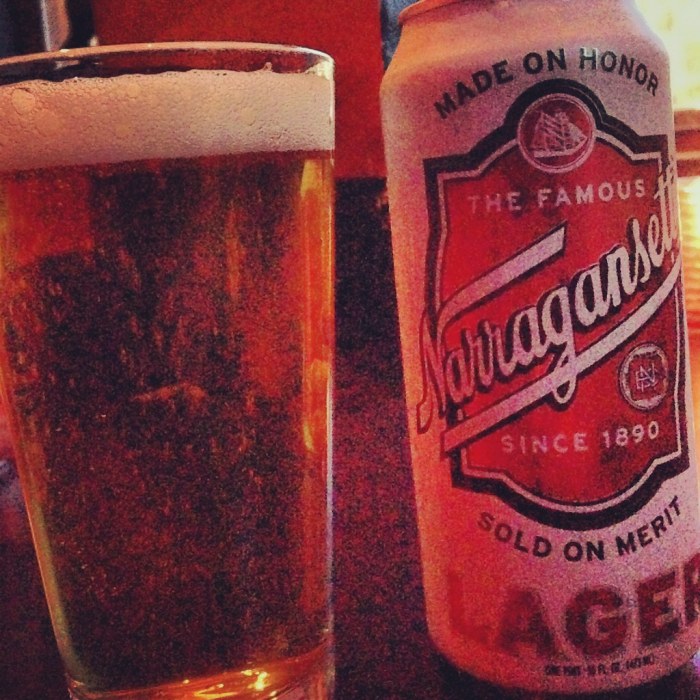Made on honor sold on merit – In the realm of commerce, the adage “made on honor, sold on merit” stands as a guiding star, illuminating the path to ethical and trustworthy business practices. This principle, deeply rooted in history, has shaped the development of trade and continues to resonate with consumers today.
The phrase “made on honor, sold on merit” embodies the idea that products and services should be crafted with integrity and offered to customers based solely on their intrinsic value, without relying on deceptive marketing or false promises.
Historical Context

The phrase “made on honor, sold on merit” emerged during the Industrial Revolution, a period marked by rapid technological advancements and increased trade. This phrase encapsulates the values that shaped business practices during that era, emphasizing the importance of producing high-quality goods and establishing a reputation for integrity.
Significance
The phrase served as a guiding principle for manufacturers, who took pride in crafting products that met or exceeded customer expectations. By adhering to this standard, they sought to build trust and establish long-lasting relationships with their patrons. In turn, consumers recognized the value of purchasing goods from reputable sources, ensuring that they received products of exceptional quality.
Ethical Implications

The phrase “made on honor, sold on merit” embodies ethical values in business by emphasizing integrity, quality, and fair competition.
When a product is “made on honor,” it signifies that it has been crafted with care, attention to detail, and a commitment to excellence. This reflects the ethical value of honesty and transparency, as it ensures that customers are not misled about the quality of the product.
The phrase “made on honor sold on merit” underscores the importance of integrity and excellence in both the creation and distribution of products or services. This principle extends beyond the realm of commerce to all aspects of life, as exemplified in the tale of pablo cena en la cafeteria . The unwavering commitment to honor and merit, as demonstrated by pablo, serves as a reminder that true success lies not solely in financial gain but in the satisfaction derived from a job well done and the respect earned from others.
Similarly, when a product is “sold on merit,” it implies that its value is based solely on its inherent qualities, without resorting to deceptive marketing tactics or unfair advantages. This principle promotes ethical values such as fairness, equality, and respect for competitors.
Examples of Ethical Application
- Many reputable companies have adopted the “made on honor, sold on merit” philosophy. For example, Patagonia, known for its commitment to sustainability and ethical practices, emphasizes the use of recycled materials and fair labor practices.
- Another example is Ben & Jerry’s, an ice cream company that has long been associated with social activism and fair trade practices.
Examples of Ethical Violations
- In contrast, some businesses have been criticized for violating the principles of “made on honor, sold on merit.” For instance, companies that engage in deceptive advertising or mislead customers about the quality of their products are acting unethically.
- Similarly, businesses that engage in unfair competition by using illegal or unethical tactics, such as predatory pricing or stealing trade secrets, are also violating these ethical principles.
Consumer Trust: Made On Honor Sold On Merit

The phrase “made on honor, sold on merit” emphasizes the importance of trust in business transactions. Consumers place their trust in businesses to provide high-quality products and services that meet their expectations. When businesses uphold this trust, it leads to repeat customers, positive word-of-mouth, and increased brand loyalty.
Building Consumer Confidence, Made on honor sold on merit
The phrase “made on honor” conveys a sense of integrity and ethical behavior. When consumers know that a product or service has been created with care and attention to quality, they are more likely to trust the business behind it.
This trust can be further enhanced through transparent communication, responsive customer service, and a commitment to resolving any issues that may arise.
Damaging Consumer Confidence
On the other hand, the phrase “sold on merit” highlights the importance of delivering on promises. If a business fails to meet the expectations set by its products or services, it can damage consumer confidence. This can lead to negative reviews, lost customers, and reputational damage.
To maintain consumer trust, businesses must ensure that their products and services consistently meet or exceed the standards they advertise.
Marketing and Branding

The phrase “made on honor, sold on merit” conveys a commitment to quality and integrity. It suggests that products are crafted with care and sold based on their intrinsic value, rather than hype or marketing gimmicks.
This principle can be a powerful marketing and branding strategy. It establishes a connection with consumers based on trust and credibility. By emphasizing the quality and value of their products, companies can differentiate themselves from competitors and build a loyal customer base.
Case Studies
- Patagonia:Known for its commitment to environmental sustainability, Patagonia uses the phrase “made on honor, sold on merit” to convey its commitment to ethical production and high-quality outdoor gear.
- Etsy:An online marketplace for handmade and vintage goods, Etsy uses the phrase “handmade with love” to emphasize the unique and personal nature of the products sold on its platform.
Global Perspectives

The phrase “made on honor, sold on merit” transcends geographical boundaries, finding resonance in diverse cultures worldwide. While the core principle remains consistent, its interpretation and application exhibit subtle variations across different contexts.
In Japan, the concept of “shokunin” embodies the essence of this phrase. Shokunin refers to skilled artisans who take immense pride in their craft, meticulously honing their skills over years of dedicated practice. Their products are not merely commodities but works of art, reflecting their unwavering commitment to excellence.
Variations and Adaptations
In the competitive business landscape of South Korea, the phrase “made on honor, sold on merit” has been adapted to emphasize the importance of innovation and technological advancement. South Korean companies invest heavily in research and development, striving to create cutting-edge products that meet the evolving needs of consumers.
In the United States, the phrase has been incorporated into the ethos of entrepreneurship. American businesses often tout their products as being “made in the USA,” highlighting the value of domestic production and the commitment to creating high-quality goods.
Clarifying Questions
What is the significance of “made on honor, sold on merit”?
This principle emphasizes the importance of integrity and transparency in business, ensuring that products and services are crafted with care and sold based on their true value.
How can businesses implement the “made on honor, sold on merit” principle?
By adhering to ethical practices, being transparent about product quality, and building a reputation based on trust and reliability.
What are the benefits of following the “made on honor, sold on merit” principle?
Increased consumer trust, enhanced brand reputation, and a competitive advantage in the marketplace.